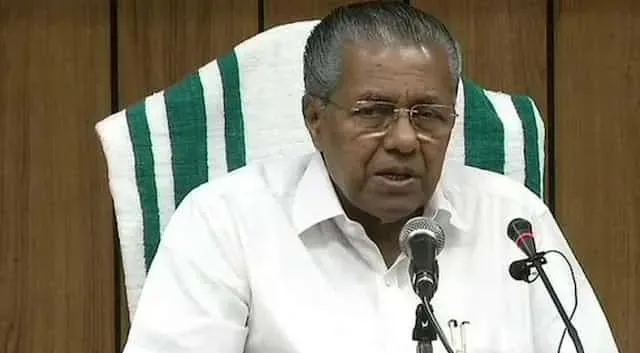The proposal to rename Kerala as "Keralam" resonates deeply with the state's rich heritage and linguistic traditions. The state assembly's unanimous approval signifies political consensus and popular sentiment in favor of reclaiming the original Malayalam name. This symbolic gesture aims to promote linguistic identity and cultural pride among Keralites, fostering a renewed sense of belonging and heritage preservation. By discarding the anglicized version of its name, Kerala seeks to assert its cultural autonomy and historical continuity in the modern geopolitical landscape.
Historically, the name "Keralam" has deep roots in Kerala's indigenous Malayalam language and cultural ethos. It reflects the state's ancient origins and linguistic heritage, dating back centuries. The decision to adopt "Keralam" as the official name aligns with global trends where regions and cities are increasingly reverting to their indigenous names to reinforce cultural identity and historical authenticity. This linguistic revival movement in Kerala parallels similar initiatives worldwide, emphasizing the symbolic power of names in shaping collective memory and cultural narratives.
The Kerala Assembly's resolution to rename the state acknowledges the significance of language as a cornerstone of cultural identity and historical continuity. By reclaiming "Keralam," the state seeks to celebrate its linguistic diversity and cultural resilience, distinguishing itself within India's diverse cultural mosaic. This decision reflects a broader societal recognition of the importance of preserving indigenous languages and reclaiming historical names as a means of cultural empowerment and identity assertion.
Moreover, the renaming of Kerala to "Keralam" signifies a deliberate effort by the state government to align administrative nomenclature with cultural authenticity and historical accuracy. The move is expected to have far-reaching implications for Kerala's cultural diplomacy and global identity, emphasizing the state's commitment to promoting its rich cultural heritage on the national and international stages. By reverting to its original Malayalam name, Kerala aims to enhance its cultural distinctiveness and promote a sense of pride among its residents and diaspora communities worldwide.
The unanimous passage of the resolution in the Kerala Legislative Assembly underscores the political will and consensus behind the decision to rename the state. It reflects a shared commitment among lawmakers to honor Kerala's linguistic heritage and historical legacy through symbolic gestures that resonate with its people. The assembly's endorsement of "Keralam" as the state's official name marks a significant milestone in Kerala's cultural evolution, reaffirming its position as a torchbearer of linguistic diversity and cultural pluralism in India.
Furthermore, the decision to rename Kerala as "Keralam" is likely to have implications for governance, administration, and public policy in the state. It necessitates adjustments in official documents, signage, and institutional frameworks to reflect the new nomenclature accurately. While symbolic in nature, the renaming initiative carries profound cultural and administrative significance, symbolizing Kerala's commitment to preserving and promoting its linguistic and cultural heritage in contemporary governance practices.
In conclusion, Kerala's decision to rename itself as "Keralam" represents a pivotal moment in the state's cultural and political trajectory. The unanimous passage of the resolution by the Kerala Legislative Assembly underscores the collective will to reclaim the state's indigenous identity and linguistic heritage. This symbolic gesture not only reaffirms Kerala's commitment to cultural authenticity but also resonates with broader global movements towards linguistic revitalization and cultural pride. As Kerala prepares to embrace its new official name, "Keralam," it reaffirms its cultural distinctiveness and historical continuity within the diverse tapestry of India's states and regions










0 Comments
Thank you for your response. It will help us to improve in the future.